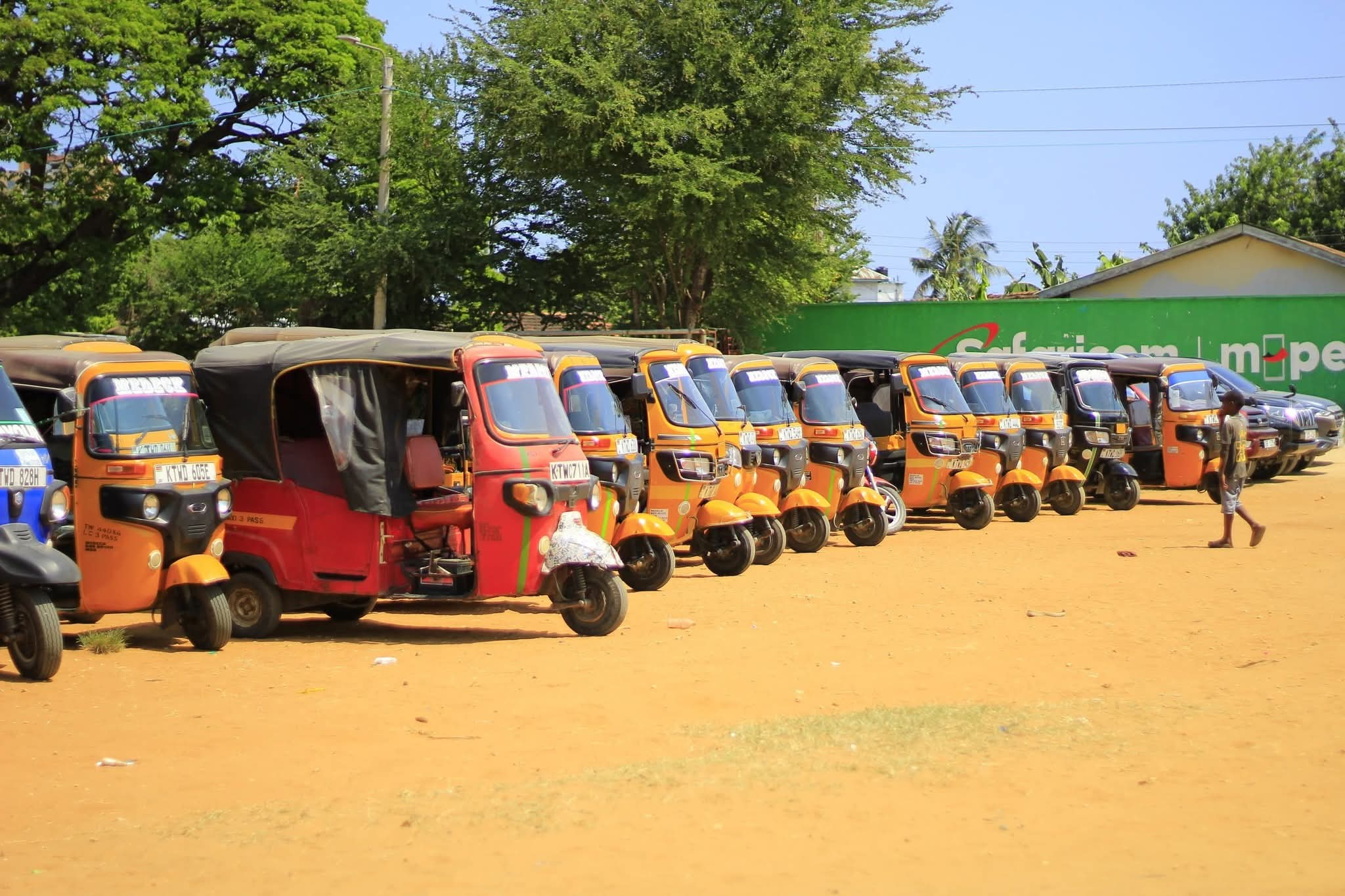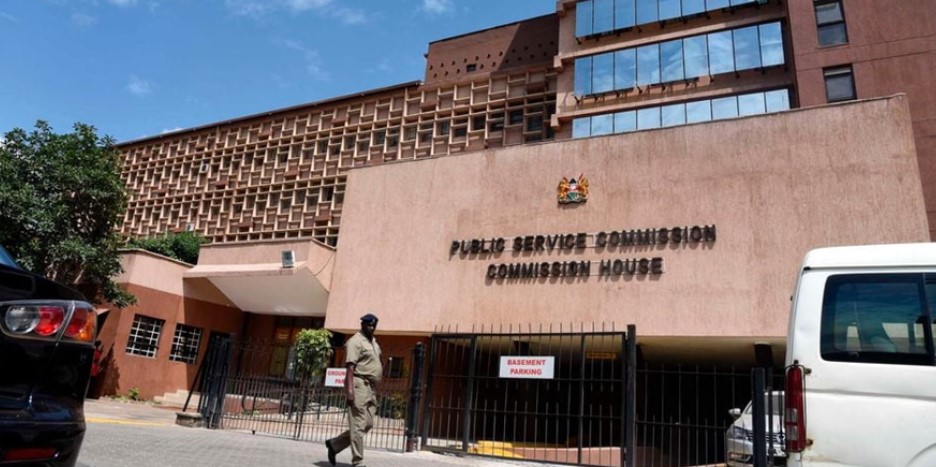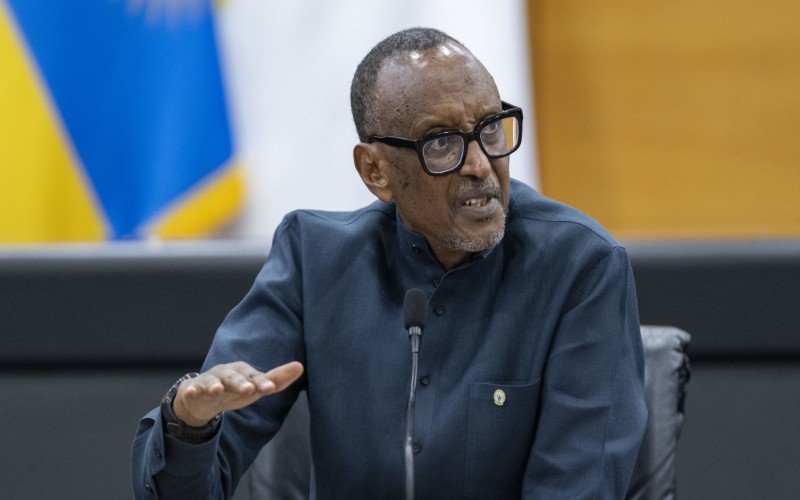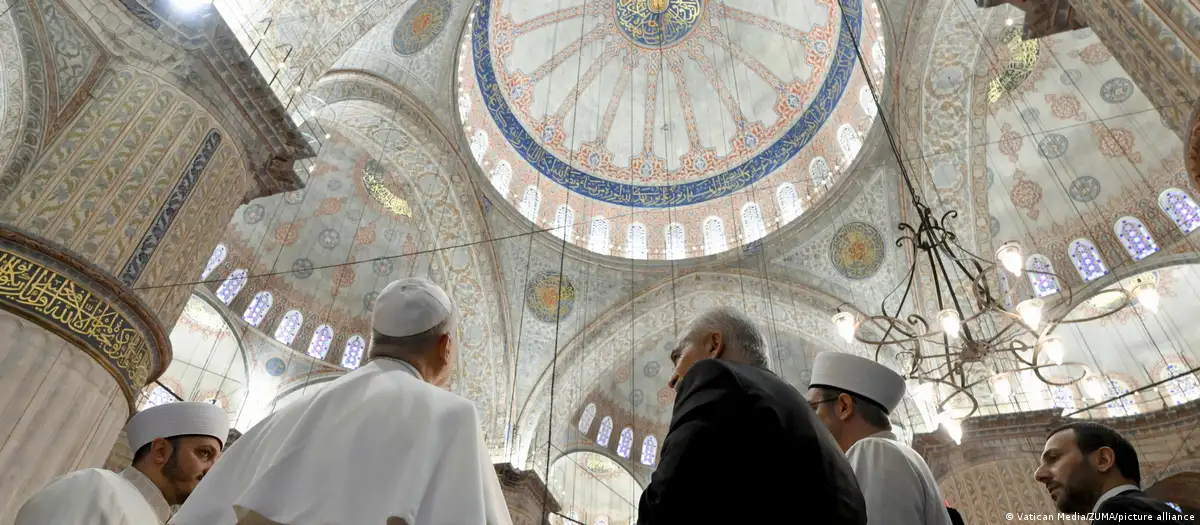Senate launches probe into Sh14.5 billion currency printing deal over irregularities

The inquiry seeks to establish whether the Central Bank of Kenya (CBK) bypassed procurement laws and approved direct sourcing of German firm Giesecke+Devrient Currency Technologies (G+D), raising concerns over transparency and value for money.
Senators have opened a probe into the Sh14.5 billion currency printing contract amid allegations of irregularities and lack of oversight.
The inquiry seeks to establish whether the Central Bank of Kenya (CBK) bypassed procurement laws and approved direct sourcing of German firm Giesecke+Devrient Currency Technologies (G+D), raising concerns over transparency and value for money.
More To Read
- National Assembly nullifies additional Treasury directives on eGPS enforcement
- MPs fault procurement authority for weak laws on COVID-19 tenders
- Court rules governors accountable for county procurement
- State officers risk Sh4 million fine for skipping electronic procurement system
- Wa Iria: County finance officers to be liable for deliberate non-payment of contracts
- Treasury slashes e-procurement funding by 82% despite Ruto's directive
The move follows a 2024 Auditor General’s report by Nancy Gathungu, which highlighted serious flaws in the tender process. The National Assembly’s Finance Committee is also investigating the same contract.
Busia Senator Okiya Omtatah triggered the Senate inquiry through a petition to the Finance and Budget Committee, citing “massive illegalities and irregularities” in the procurement.
“The 2024 Auditor General’s report flagged irregularities, including failure to appoint a special procurement committee, lack of oversight by the Public Procurement Regulatory Authority (PPRA) and absence of supplier vetting or market assessment,” Omtatah said.
He questioned the CBK’s explanation that approvals from the National Security Council and other agencies legitimised the direct procurement, noting that the central bank is not a national security organ under Article 239 of the Constitution.
“Notably, in 2005, an open tender for currency printing saved costs when it was competitively awarded to De La Rue over Giesecke+Devrient. Yet in this case, the CBK single-sourced G+D at a higher cost,” Omtatah added.
The Senate committee, chaired by Ali Roba (Mandera), will investigate whether the CBK obtained approval from the Treasury Cabinet Secretary for classified procurement and whether the tender was listed under Section 90 of the Public Procurement and Asset Disposal Act (2015).
It will also verify compliance with Regulation 84 of the Public Procurement Regulations (2020), including submission of justification for classified procurement, detailed cost breakdowns and appointment of a special procurement committee.
Other issues under review include whether CBK’s accounting officer submitted mandatory procurement reports to the Treasury and PPRA, and whether Kenyans received value for money.
“The committee should analyse the 2005 and 2025 currency printing tenders in terms of transparency, competitiveness, and cost, including a breakdown of the 2025 contract value compared to past pricing,” Omtatah said.
CBK Governor Kamau Thugge defended the direct procurement when appearing before the National Assembly’s Finance Committee, stating that G+D was contracted to print 2.04 billion currency notes with a combined face value of Sh689 billion, down from 2.35 billion notes issued in 2019.
The order includes 460 million Sh50 notes, 690 million Sh100, 260 million Sh200, 170 million Sh500, and 460 million Sh1,000 notes. The Sh1,000 notes are already in circulation, with others to follow.
Thugge explained that classified procurement was necessary due to the sensitivity of currency printing and the urgency of replacing worn-out notes.
“In mid-2023, CBK determined that a shortage was looming, especially for Sh1,000 notes. We applied for classified procurement to avert a crisis. A stockout would have severely impacted price stability and the exchange rate,” he said, adding that the decision was approved by the National Security Advisory Council, the Cabinet, the Treasury and the Attorney General.
“It is the mandate of the CBK to ensure the right amount of money is in circulation,” Thugge said, noting that the previous contract with De La Rue had expired in January 2023.
Auditor General Gathungu maintained that CBK flouted procurement laws by failing to appoint a special committee and denying PPRA oversight.
“In the circumstances, management did not fully comply with the Public Procurement and Asset Disposal Act, 2015 and the attendant regulations,” she said.
The Senate panel is expected to recommend measures to enhance accountability, curb abuse of classified procurement and safeguard public resources.
Top Stories Today














































